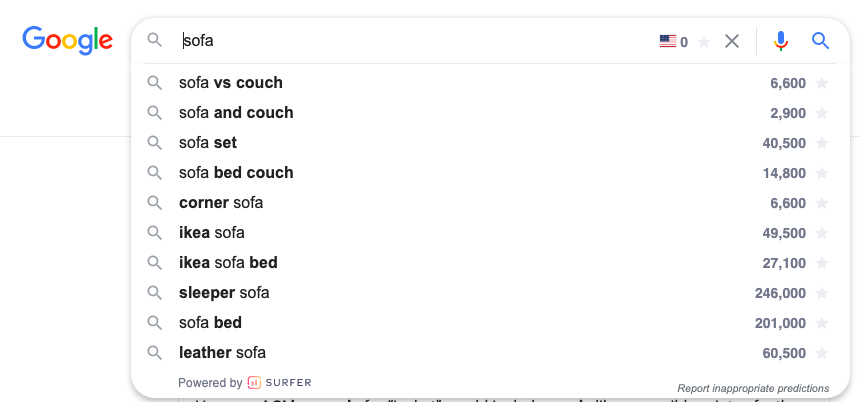LSI Keywords: What Are They and Why Do They Matter in SEO?

Posted by JessicaFoster
The written content on your website serves to not only inform and entertain readers, but also to grab the attention of search engines to improve your organic rankings.
And while using SEO keywords in your content can help you get found by users, focusing solely on keyword density doesn’t cut it when it comes to creating SEO-friendly, reader-focused content.
This is where LSI keywords come in.
LSI keywords serve to add context to your content, making it easier to understand by search engines and readers alike. Want to write content that ranks and wows your readers? Learn how to use LSI keywords the right way.
What are LSI keywords?
Latent Semantic Indexing (LSI) keywords are terms that are conceptually related to the main keyword you’re targeting in your content. They help provide context to your content, making it easier for readers and search engines to understand what your content is about.
Latent semantic analysis
LSI keywords are based on the concept of latent semantic analysis, which is a technique for understanding natural language processing. In other words, it analyzes the relationship between one word and another in order to make sense of the overall content.
Search engine algorithms use latent semantic analysis to understand web content and ultimately determine what content best fits what the user is actually searching for when they use a certain keyword in their search.
Why are LSI keywords important for SEO?
The use of LSI keywords in your content helps search engines understand your content and therefore makes it easier for search engines to match your content to what users are searching for.
Exact keyword usage is less important than whether your overall content fits the user’s search query and the intention behind their search. After all, the goal of search engines is to showcase content that best matches what users are searching for and actually want to read.
LSI keywords are not synonyms
Using synonyms in your content can help add context to your content, but these are not the same as LSI keywords. For example, a synonym for the word “sofa” could be “couch”, but some LSI keywords for “couch” would be terms like “leather”, “comfortable”, “sleeper”, and “sectional”.
When users search for products, services, or information online, they are likely to add modifiers to their main search term in order to refine their search. A user might type something like “red leather sofa” or “large sleeper sofa”. These phrases still contain the primary keyword “sofa”, but with the addition of semantically-related terms.
How to find LSI keywords to use in your content
One of the best ways to find LSI keywords is to put yourself in the mind of someone who is searching for your primary keyword. What other …read more
Source:: Moz Blog








